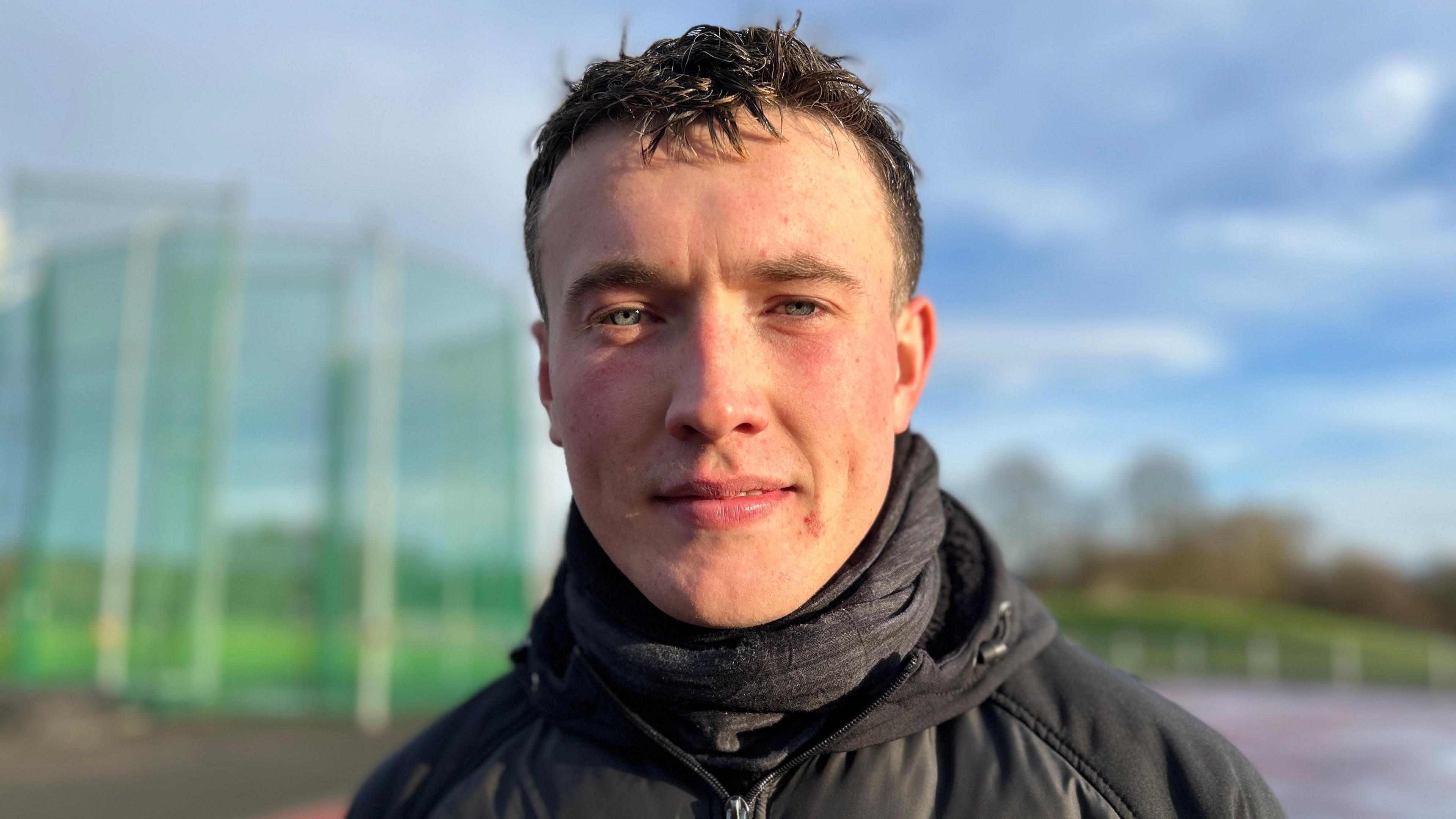Mum died from early dementia - I had to find out if I will too
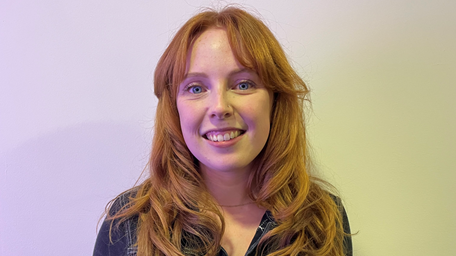
Liv Heeney discovered she had a faulty gene which puts her at risk of early onset dementia
- Published
When Liv Heeney was 28, she discovered she had a faulty gene that would probably cause her to develop a rare form of dementia at a young age.
Early onset frontotemporal dementia (FTD) has already affected 13 members of her family, including her mum Bernie, who died from the disease aged 54.
Liv, from Birmingham, is living with the reality she will likely develop the condition in her 40s and die in her 50s - but she's using the knowledge to ensure any children she has are not born with the gene.
It's also given her the chance to plan for a family, but she said: "It's a fine balance. I don't want to look so far ahead that I'm missing out on now."
FTD is a type of dementia that, according to the NHS, external, causes problems with behaviour, language and memory, with most cases diagnosed in people aged 45 to 65.
It can also be hereditary, with about one in eight people with the condition having a genetic link.
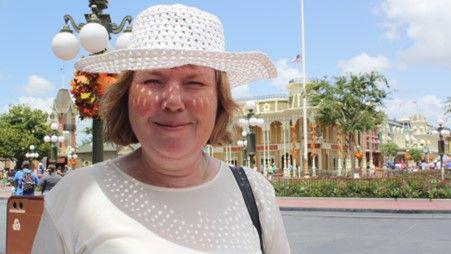
Bernie Heeney was 54 when she died in 2017
Growing up, Liv knew her granddad and multiple siblings had lost their lives early to dementia before she was born, and she was a teenager when she started noticing her mum's out-of-character behaviour.
"She just didn't seem like herself, she was missing work which was very unusual [as] she loved her job. She would [also] make inappropriate comments," she told BBC Radio WM.
"I think the big first telltale sign was when my granddad, my dad's dad died [in 2012] and she didn't really have much of an emotional response to it.
"My mum kind of confided in people that she was worried that what was happening to her dad was happening to her," she said.
A slow decline
Bernie was diagnosed with dementia shortly after her 50th birthday in 2013, with her husband becoming her primary carer.
Liv said her mum soon lost the ability to talk, as well as basic skills such as washing herself, walking, eating and drinking.
"By the time she was diagnosed, I think she didn't really know what was going on."
In 2017, Bernie died at home while Liv, who was just 21, was in a taxi rushing to catch a last-minute train home from university in London.
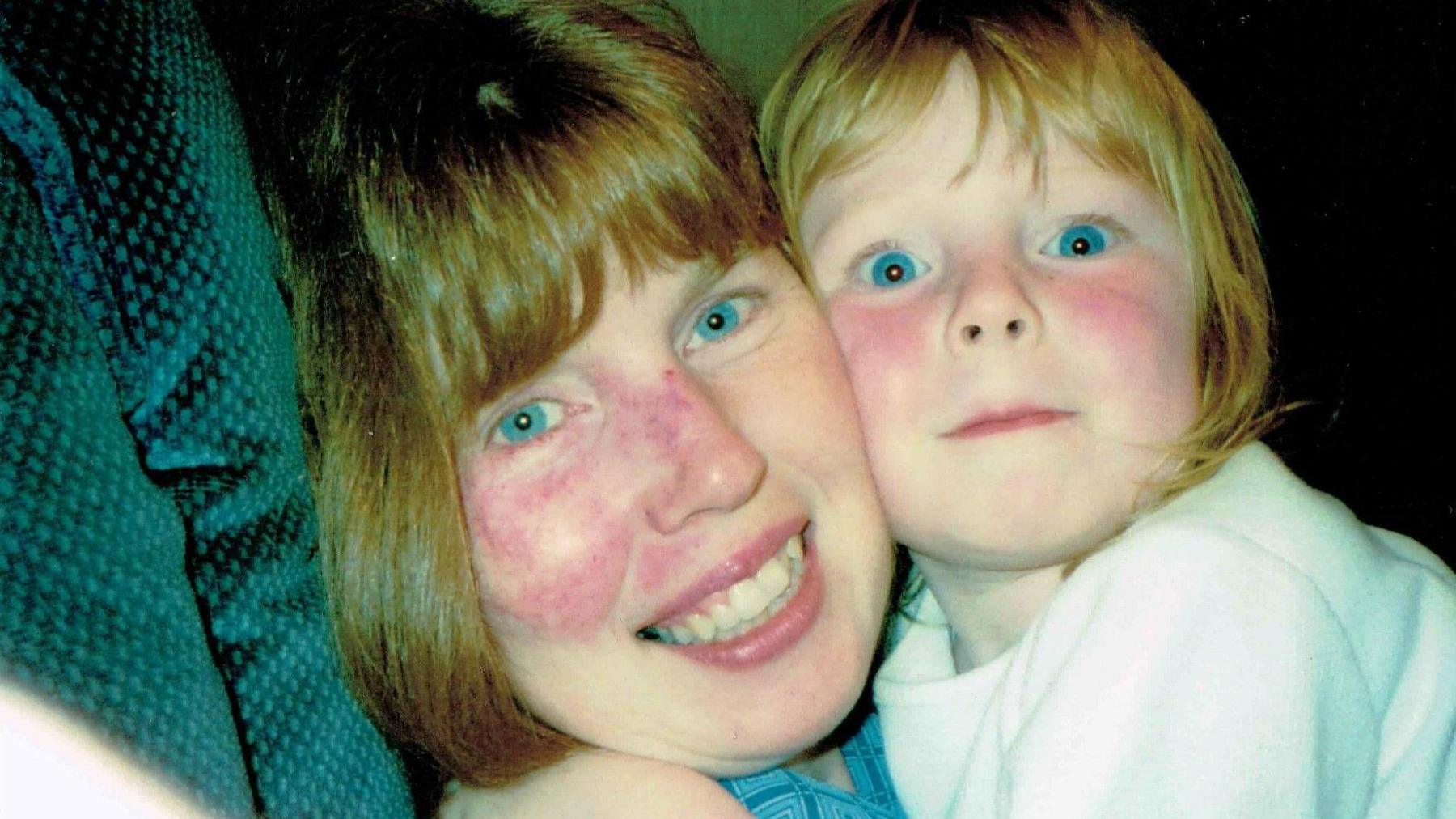
Liv's mum Bernie started showing symptoms of FTD in her late 40s
After years of deliberating, Liv decided to start the process of genetic testing at Birmingham Women's Hospital in January 2024, in the hope of finding out if she had inherited the same gene that caused her mum's dementia.
After an eight-month process from the initial conversation, confirmation came from a simple blood test which took about five minutes, she said.
"I've always assumed that I had the gene, that it would happen to me... I don't know why, it was just a gut feeling," Liv, of Hall Green, added.
On 2 August that year, she found out she had tested positive for the faulty microtubule associated protein tau (MAPT) gene.
"Me and my partner Ani went in, and before I'd even sat down on the chair, she [the geneticist] just said 'I'm really sorry, it's not the result we wanted'."
Liv added the confirmation was "hard to describe" but it "wasn't really a shock".
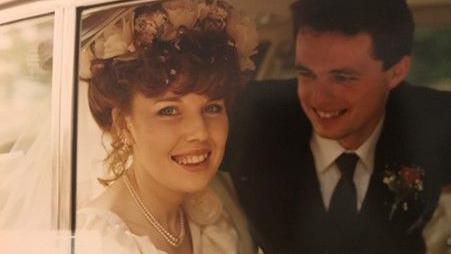
Bernie, pictured with her husband Darryl, was diagnosed with FTD after her 50th birthday
For many people in their 20s, the possibility of dying at a young age is not something they have to dwell on.
But for Liv, who now works as a designer in London, the disease is something she thinks about every day.
The health of any future children was one of the main reasons Liv - who has a partner of seven years - wanted to find out if she carried the gene.
"I felt like if I wanted to have children, it was the responsible decision for me to take. That I needed to protect them from this," Liv explained.
With the help of IVF and embryo screening, she hopes to be able to ensure any children she has will be born without the faulty gene.
"If you find out you have the gene, there are ways to ensure that you don't pass it on now," she added.
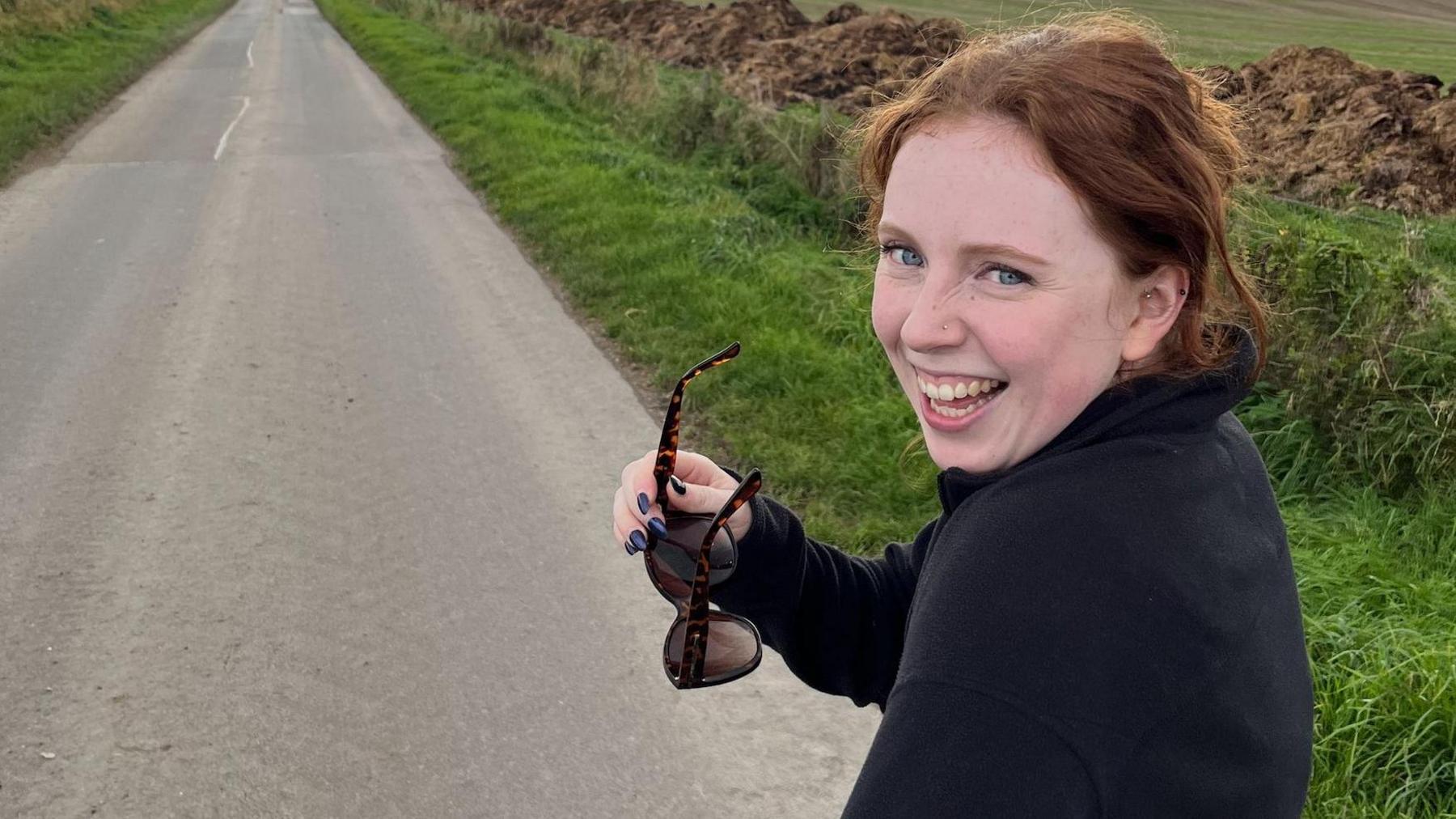
Liv began the process of genetic testing in January last year
'Not about ageing'
Liv said a common misconception was that dementia only affected older people.
"It's just not the case that [dementia] is a natural part of ageing, it's a disease, it's physical changes to your brain.
"It's a disease just like cancer and Aids, even like Covid - it's a physical thing in the body," she said.
Liv believes there should be more funding and research into FTD.
Despite her diagnosis, Liv is determined to live her life the way she has planned. Next weekend, she will be holding a fundraising night in Birmingham for Alzheimer's Research UK.
"If I have children today, I'll get 15 years with them. If I have kids in five years time, I'll have less time with them," she said.
"I know the reality of this, I know what's coming."
If you have been affected by any of the issues raised in this story, help and support is available via BBC Action Line.
Follow BBC Birmingham on BBC Sounds, Facebook, external, X, external and Instagram, external.
Get in touch
Tell us which stories we should cover in Birmingham and the Black Country
Related topics
- Published1 July
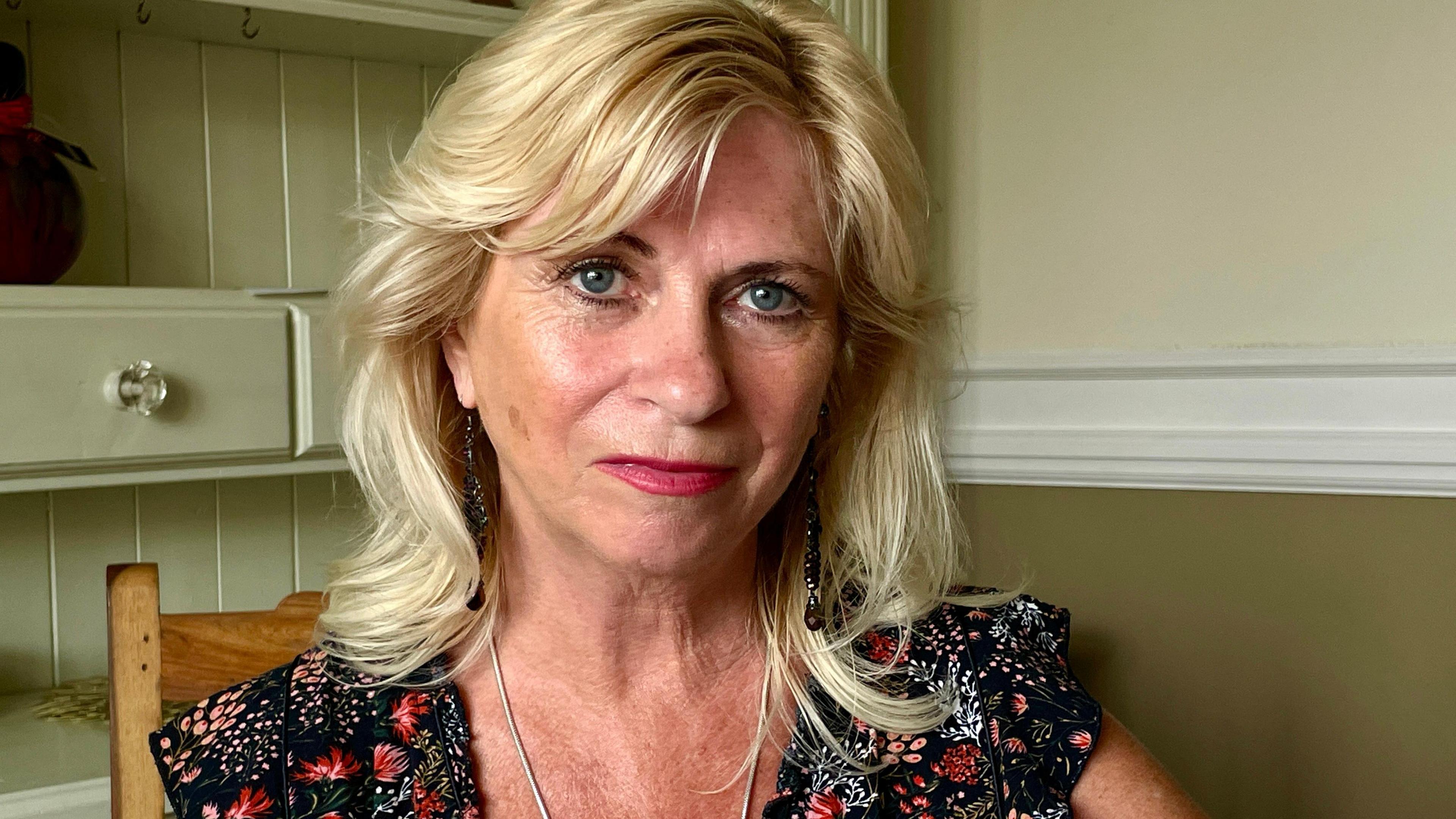
- Published6 June
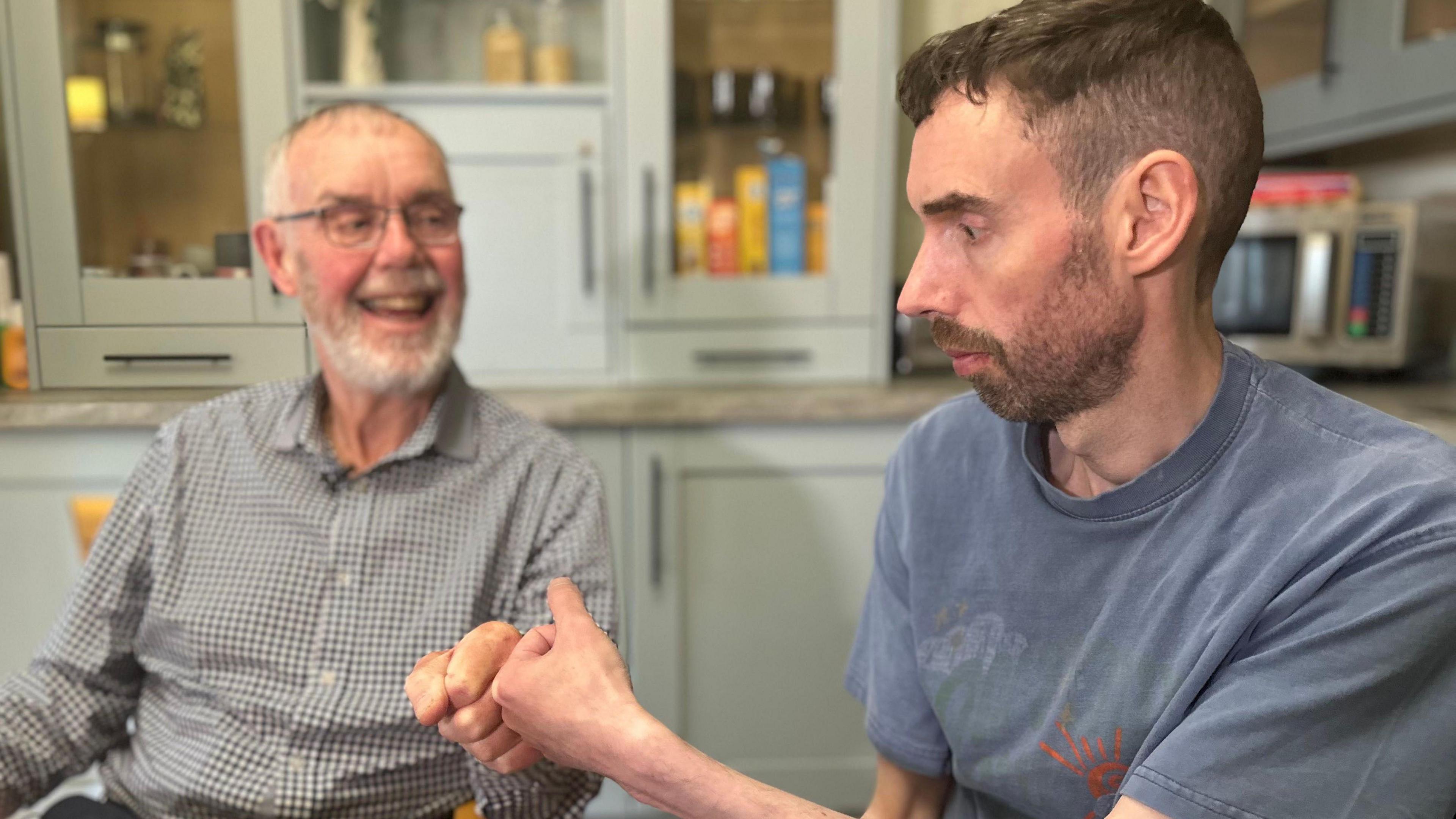
- Published29 January

- Published20 December 2024
